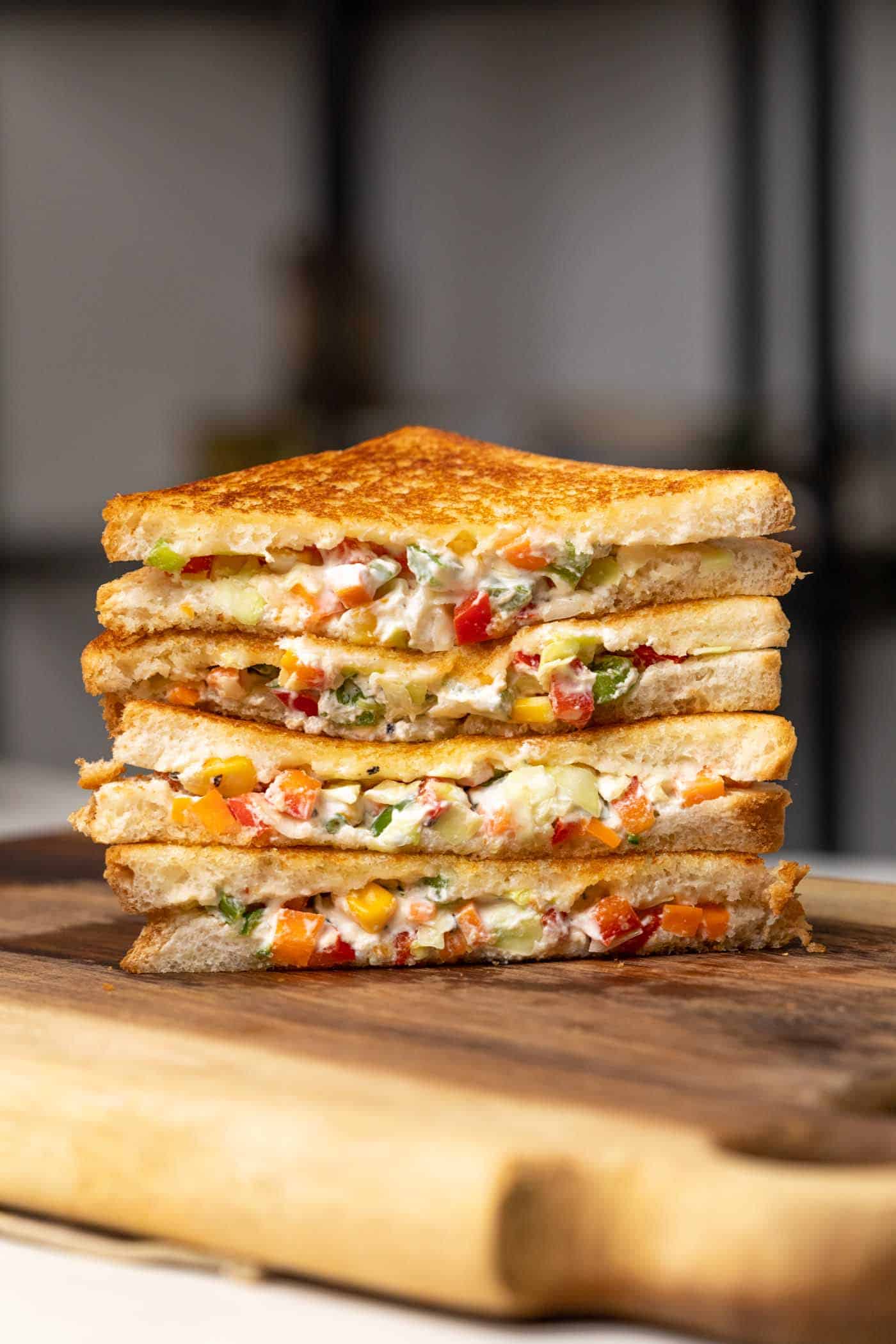NYC Street Food Vendors Eagerly Anticipate City Expansion Of Permits
For the last decade, Ahmed Mohsen has sold chicken and smoothies out of his cart in Midtown. Every two years, Mohsen pays the owner of his street vending permit $20,000, for a license that costs just $200 to renew, an illegal arrangement that is common because of the scarcity of available licenses. “It’s a lot of money for me,” said Mohsen, who supports a wife and two children. “I work all the time.”
On Thursday, the City Council is expected to pass legislation that would overhaul New York’s street vending economy. The bill would create 4,000 new licenses to sell street food over a ten-year period, more than doubling the 3,000 existing permits. [Update: The bill passed.]
“It will change a lot of things,“ Mohsen told Gothamist/WNYC. “I’ve been a vendor for ten years, and I need to work on my own permit to grow my business. Maybe one day I can open my own restaurant, because I don’t want to work in the street all my life.”
The legislation would also create a dedicated enforcement unit for street vendors, and an advisory board to oversee the implementation of the new regulations.
“This bill is way overdue, it should have passed years ago,” said Mohamed Attia, the director of the Street Vendor’s Project at the Urban Justice Center, an advocacy group for the sellers. “What’s really exciting for us is that [the board] will have four seats for street vendors in it. We have never been invited to these conversations.”
A 2012 report estimated that all of the city’s street vendors generate $293 million annually for the local economy, and support more than 17,000 workers, many of whom are immigrants. For decades, the vendors have been subjected to a patchwork of enforcement from various city agencies, and risked steep fines, the confiscation of their goods, or arrest from the NYPD. In June, Mayor Bill de Blasio promised that the NYPD would no longer conduct enforcement actions against vendors, but in September, the department tweeted about a crackdown on “unlawful vending” in Lower Manhattan. A spokesperson for the Mayor’s Office said that the Department of Consumer Affairs and the Department of Health currently handle complaints about street vendors. The NYPD said they have disbanded their “Peddler’s Task Force,” and are working on transitioning to all-civilian enforcement.
“There will be more uniform enforcement, so it’s not, one agency will give you a ticket on this, and another agency giving you a different violation. It will be one unit that actually knows all the rules and regulation on vending,” said Manhattan City Councilmember Margaret Chin, the primary sponsor of the legislation, which was first introduced in 2018.
Some members of the city’s business community have fought the bill because they argue it helps street vendors at the expense of brick-and-mortar businesses.
“We support vending but we’re concerned about this legislation as it doesn’t eliminate the underground market that exploits vendors, doesn’t extended the distance from which vendors are permitted to sell food and products from in front of brick and mortar small businesses, and doesn’t earmark money for enforcement of the rules or support for vendors,” said Andrew Rigie, the executive director of the NYC Hospitality Alliance.
Chin countered that assisting street vendors would help all small business owners.
“I heard from some [Business Improvement Districts], that actually, they benefited each other. Having food vendors on the street helps bring in customers to the retail stores,” Chin said.
Nicholas Freudenberg, the director of CUNY’s Urban Food Policy Institute, said he wasn’t aware of any evidence that street vendors harm or meaningfully compete with other small businesses.
“I think that in a variety of areas, businesses see visible targets, and they focus their policy efforts on their visible targets, and this is probably another example of that,” Freudenberg said.
The bill, which de Blasio has endorsed, would phase in the number of new licenses issued at 400 every year for a decade. The new permits, called supervisory licenses, require a permit holder to be physically present at the vending station at all times. That restriction, which is aimed at diminishing the black market for the licenses, will begin applying to the 3,000 existing permits after a decade has passed.
Freudenberg said he hoped this legislation would push lawmakers to rethink street vending’s relationship with the city, and pointed to the success of the small Green Carts program that provided fresh fruits and vegetables to food deserts around the city.
“I would encourage the city to develop a vending policy that makes it easier for vendors who choose to sell healthy food in underserved communities, to make a living to earn and adequate wage,” Freudenberg said.
Right now, Attia, the Street Vendors Project director, said his priority is helping sellers get through the pandemic, and that the city and state should create dedicated relief funds for the vendors. “We help hundreds of our members to try and apply for grants and loans from the government, and sadly no one we know qualifies,” he said.
Assuming the legislation passes, a new batch of 400 permits won’t come online for a year, and Attia said that many vendors may not have enough money to renew their arrangements to get through 2021.
“Even people who had some savings, they just spent it all. Lots of people reported that they had to borrow money from friends and family in Egypt or Mexico, things have been really bad financially,” Attia said. “It is really hard for someone now to initiate a conversation, to pay $20,000 up front.”







